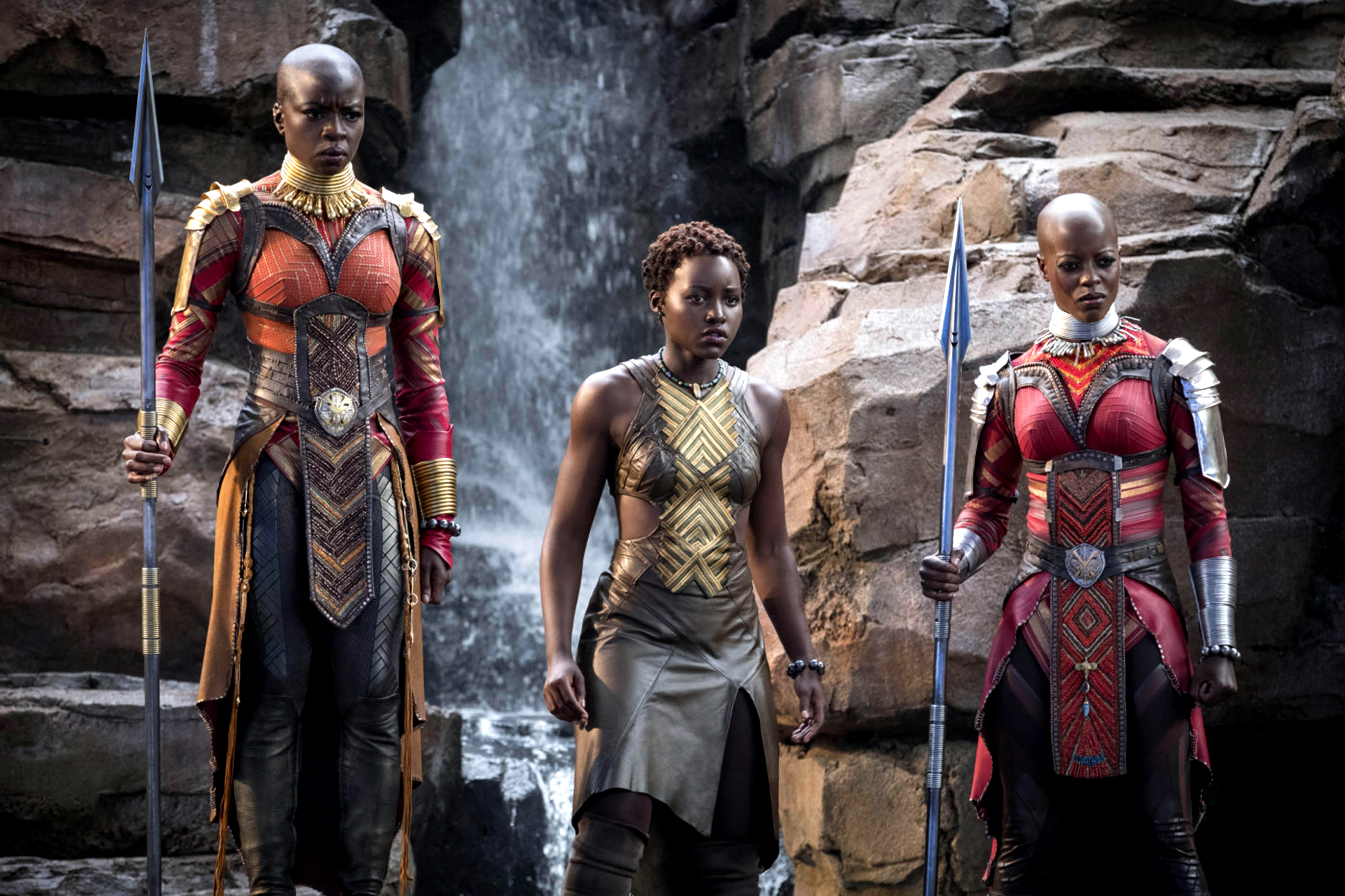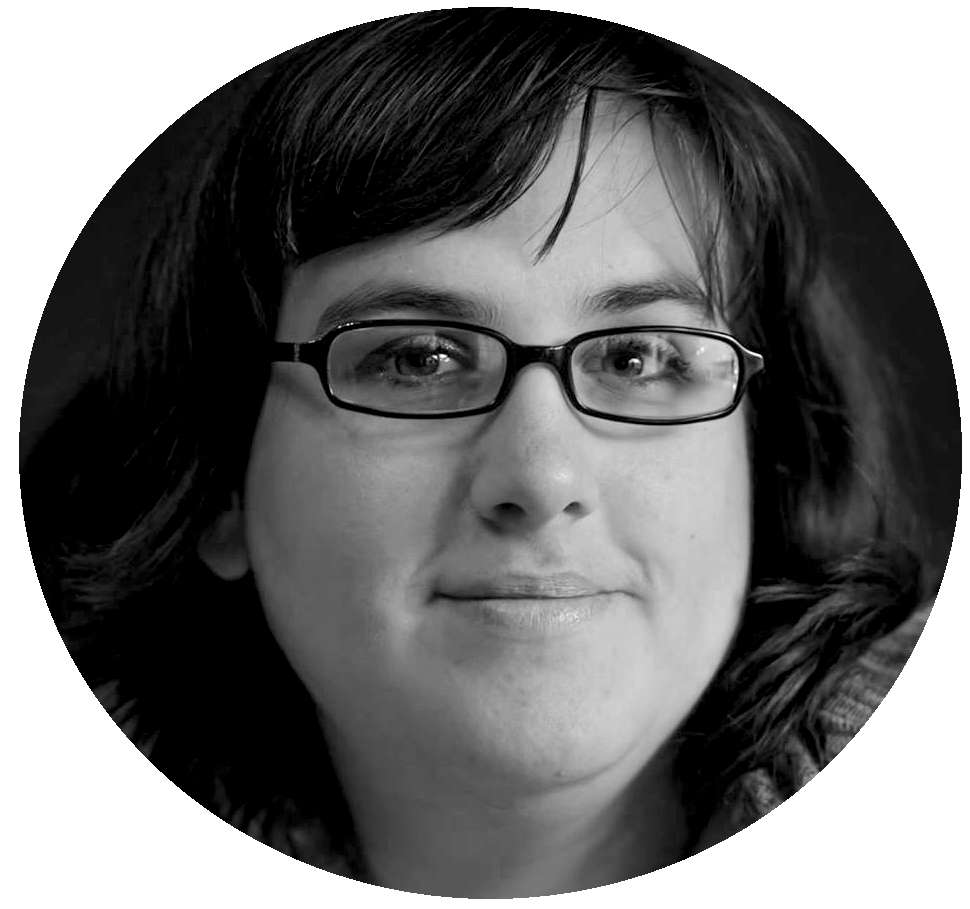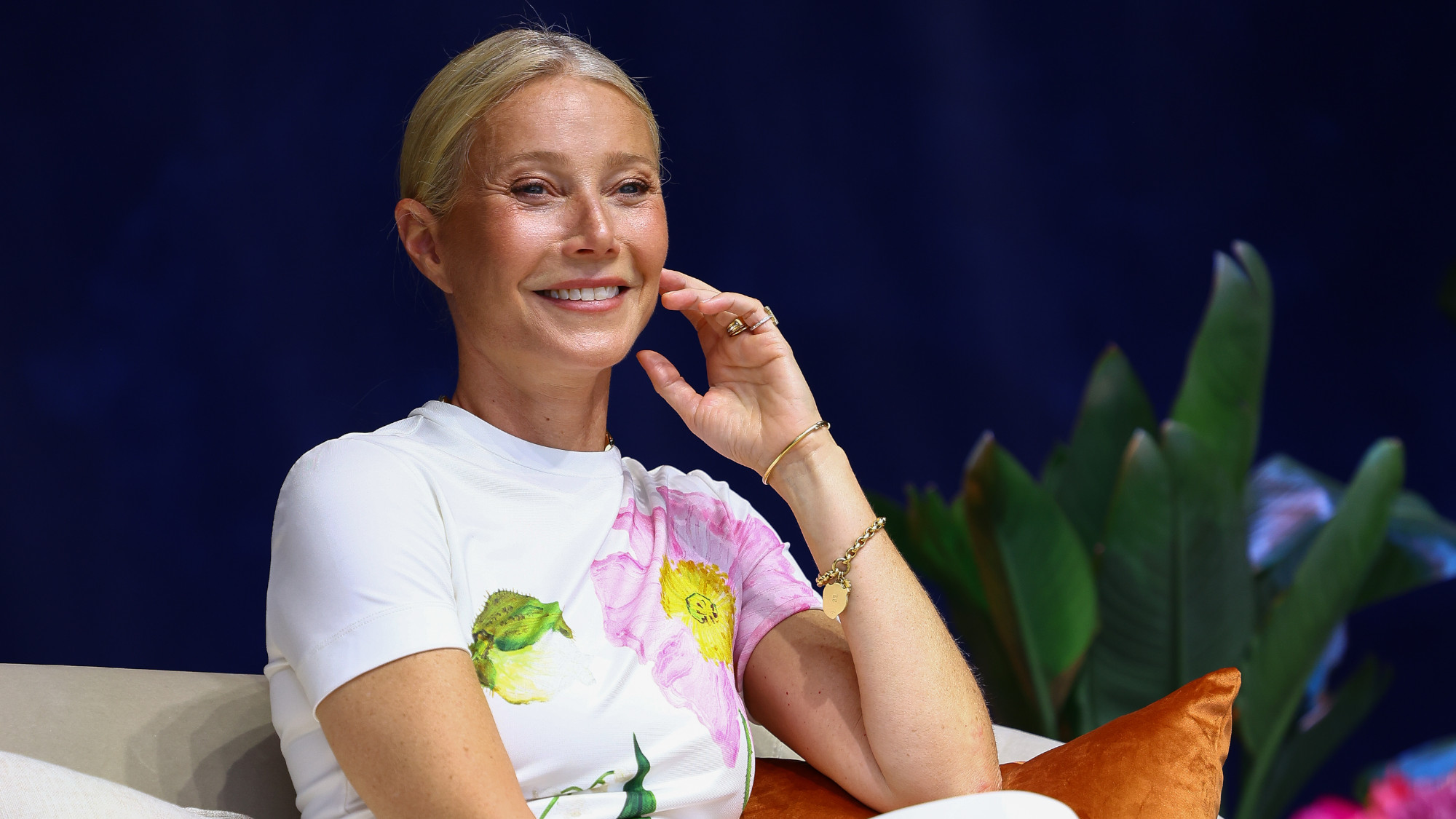Being a middle-aged woman is a super power, and Hollywood is finally catching on
Action heroines "of a certain age" are infiltrating film and TV. It's about time.


I spent most of my 35th birthday ugly-crying over the grey hairs I'd just noticed in my brunette bangs, like bleached tentacles rising from a dark sea. My friends' jokey texts welcoming me to "almost middle age" and "impending old-ladyhood" socked me in an unexpectedly tender place, a part of me that was achy over the fact that even if I still wasn't old, I wasn't exactly young anymore, either.
I can't say when this fog of anxiety first rolled through my mind and smothered my better judgment — perhaps it came as the clock ticked down on 29, and I realized that there wasn't anything, really, that distinguished me from the legions of other women starting to see grays in their hairbrushes; wondering if they were just having a fluke cycle or entering the dreaded perimenopause; or unconsciously, yet earnestly, dropping the phrase "when I was your age" into a conversation with a 20-something co-worker. When I confided in a friend, she wryly replied that she started to feel — and resent — the aging process when she was in her 30s.
To make matters worse, most movies and TV amplified images of women in their late-30s, 40s, or even 50s as sad-sacks: unappreciated moms guzzling Merlot; divorcees or prolonged singletons fearing that they've lost their looks (even Mad Men's bombshell Joan Holloway wept over Marilyn Monroe, terrified that she'd also die alone and over the hill); or, arguably worst of all, the sage counsel to the teenaged or 20-something protagonists, a be-cardiganed maternal figure who has no life of her own.
Subscribe to The Week
Escape your echo chamber. Get the facts behind the news, plus analysis from multiple perspectives.

Sign up for The Week's Free Newsletters
From our morning news briefing to a weekly Good News Newsletter, get the best of The Week delivered directly to your inbox.
From our morning news briefing to a weekly Good News Newsletter, get the best of The Week delivered directly to your inbox.
I saw why middle age is so often tossed out as an insult — a boneyard of thwarted potential.
Until I noticed a meme making the rounds: twinned images of Robin Wright as dewy-faced, hapless Princess Buttercup from The Princess Bride and the ferocious, formidable Amazonian General Antiope, and Carrie Fisher as Princess Leia and General Leia from Star Wars above a caption reading, "I've lived to see my childhood princesses become generals." The passage of time didn't have to make a woman more helpless or weak; it could be make her stronger, tougher, more fit to lead.
Sci-fi, fantasy, and action entertainment offers fertile ground for stories and characters that portray middle age (or middle age-adjacent) women as powerful, resourceful, and memorable. These "genre" pieces are regularly, and reflexively, dismissed as insubstantial — not unlike women of a certain age themselves. Works like The Walking Dead, Mad Max: Fury Road, The Last Jedi, Game of Thrones, and Black Panther depict women who are decidedly not in their 20s (some of whom have honest-to-God grey hair and wrinkles) besting their foes through blunt brawling and raw, kinetic ballets of martial arts; implementing masterful strategies that save the Republic or claim the Seven Kingdoms; and struggling through issues of love and honor, violence and duty.
Even a film like Wonder Woman, which is narratively and thematically driven by its protagonist's youth and inexperience in the fine arts of heroics, depicts Themyscira as an age-diverse utopia led by the warrior Queen Hippolyta (played by Connie Nielsen, who is 52 years old) and the fiercest Amazonian general to ever live, Antiope (Robin Wright, who is 51): They are pure bravura in battle — the opening-night crowd I sat in cheered when Antiope leapt off another soldier's shield and dispatched a quiver of arrows, mid-air, right into her enemies' chests.
Of course, a place like Themsicrya, or the Galaxy Far, Far Away where General Leia (played by the late Carrie Fisher, who was 60) and Vice Admiral Holdo (played by Laura Dern, age 51) lead the Resistance, are literal worlds away from our own — with its wrinkle creams, birthday cards with punchlines about going from "hot guys to hot flashes," and celebrity spokeswomen of a certain age touting the virtues of probiotic yogurt.
Untethered to banal realties, the genre universe can explore infinite possibilities — including Afrofuturist worlds like Wakanda, where General Okoye (Danai Gurira, age 40) can lead an all-women defense force, be happily enamored with a man 11 years her junior, and challenge her life-long assumptions about what duty to the throne really looks like. Or hellzapoppin' Hellscapes like the badlands of Fury Road, where Imperator Furiosa (Charlize Theron, age 42) and her tribe of sun-leathered, punk rock grandma-types, The Vuvilani, defeat the piggish, woman-hating warlord through perfect sniper shots, artful punches, and combative driving that makes Fast and the Furious look like Power Wheels.
Furiosa's decision to fight for a place she can call home (and to save the warlord's lithesome young wives, who, though brave, would have been toast without their protectors), and Okoye's choice to defend the homeland she loves, are such powerful arcs because they're steeped in the history and experience that can only come with age.
The harshness of many genre works' fictive terrains — the gory doomsdays of the zombie apocalypse and the medieval cruelty of the Seven Kingdoms — favor the hearty and the hardened, the grey-haired survivor over the tender greenness of youth. On The Walking Dead, Carol Peletier (Melissa McBride, age 52) has gone from a battered and cowed housewife — the kind of bloodless sad-sack targeted by those tacky birthday cards and yogurt ads — into Rambo with a mom 'do. She single-handedly saves her friends from a myriad of terrors with her cunning, lots of guns, and, oh yeah, a bazooka; she's become a fan-favorite by inverting all the stereotypes of middle-aged women — though she winkingly leans into them when they suit her, playing the cookie-baking soccer mom when she needs her enemies to underestimate her, or to ferret for information incognito (and here, the show wryly comments on the real-world invisibility of middle-aged women).
But Carol isn't just a static bad-ass: In recent seasons, she's been hollowed out by the intensity of her violence — she's soul-weary in the ways that women characters are so rarely allowed to be, and that simply wouldn't work for a younger character. In genre, older women often have more compelling, and nuanced, plot arcs than their youthful counterparts.
GOT's Cersei Lannister (Lena Headey, age 44) may have no ethical qualms with the (literal) hellfire she unleashes through King's Landing to consolidate her power, but, like Carol, her story affirms the value of age-accumulated savvy while tweaking the tired archetypes of the woman of a certain age. Though she is haunted by premonitions of being supplanted by a "younger, more beautiful queen," and spent most of her life diminished by her father, a ruthless tactician who never dreamed that a daughter could ever match him, and demeaned as a royal has-been by the court, Cersei outwits her enemies to take the throne. She's consistently bested those younger queens, outright killing Margaery Tyrell and strategically outmaneuvering Daenerys Targaryen at almost every turn.
Ironically, the woman who most fears aging is one of the savviest, most tactically-adroit figures in Westeros. Then again, maybe it's not so ironic: Cersei's story is, at its core, about the tragedy of being continually dismissed — how being regarded only as a petty, pretty thing, and then, after a number of years and a number of kids, being disregarded entirely, estranges a woman from her sense of power. Until, of course, she claims it, by force.
Though Cersei would certainly object to being called a Crone (and I'm not sure I'll totally love the comparison myself), these stories function as modern-day, you-go-girl incarnations of the Crone archetype. Across mythology, the Crone appears as a protector, a Wise Woman, or a masterful villain, depending on the story, but she's always complex and compelling — far more so than the nymphs and the princesses sharing those myths. Genre works get to be fantastical yet hold some kernel of reality — in this way, they function like myth; and, like myth, they can expand our worldviews: They're certainly changing mine, anyway. Slowly but surely.
Maybe there's something powerful, even beautiful, about living long enough to see your childhood princesses become generals — about believing that, if I can stop crying over a few gray hairs, I might be as strong, and as savvy.
Sign up for Today's Best Articles in your inbox
A free daily email with the biggest news stories of the day – and the best features from TheWeek.com
Laura Bogart is a featured writer for Salon and a regular contributor to DAME magazine. Her work has appeared in The Atlantic, CityLab, The Guardian, SPIN, Complex, IndieWire, GOOD, and Refinery29, among other publications. Her first novel, Don't You Know That I Love You?, is forthcoming from Dzanc.
-
 Walter Isaacson's 'Elon Musk' can 'scarcely contain its subject'
Walter Isaacson's 'Elon Musk' can 'scarcely contain its subject'The latest biography on the elusive tech mogul is causing a stir among critics
-
 Welcome to the new TheWeek.com!
Welcome to the new TheWeek.com!The Explainer Please allow us to reintroduce ourselves
-
 The Oscars finale was a heartless disaster
The Oscars finale was a heartless disasterThe Explainer A calculated attempt at emotional manipulation goes very wrong
-
 Most awkward awards show ever?
Most awkward awards show ever?The Explainer The best, worst, and most shocking moments from a chaotic Golden Globes
-
 The possible silver lining to the Warner Bros. deal
The possible silver lining to the Warner Bros. dealThe Explainer Could what's terrible for theaters be good for creators?
-
 Jeffrey Wright is the new 'narrator voice'
Jeffrey Wright is the new 'narrator voice'The Explainer Move over, Sam Elliott and Morgan Freeman
-
 This week's literary events are the biggest award shows of 2020
This week's literary events are the biggest award shows of 2020feature So long, Oscar. Hello, Booker.
-
 What She Dies Tomorrow can teach us about our unshakable obsession with mortality
What She Dies Tomorrow can teach us about our unshakable obsession with mortalityThe Explainer This film isn't about the pandemic. But it can help viewers confront their fears about death.


